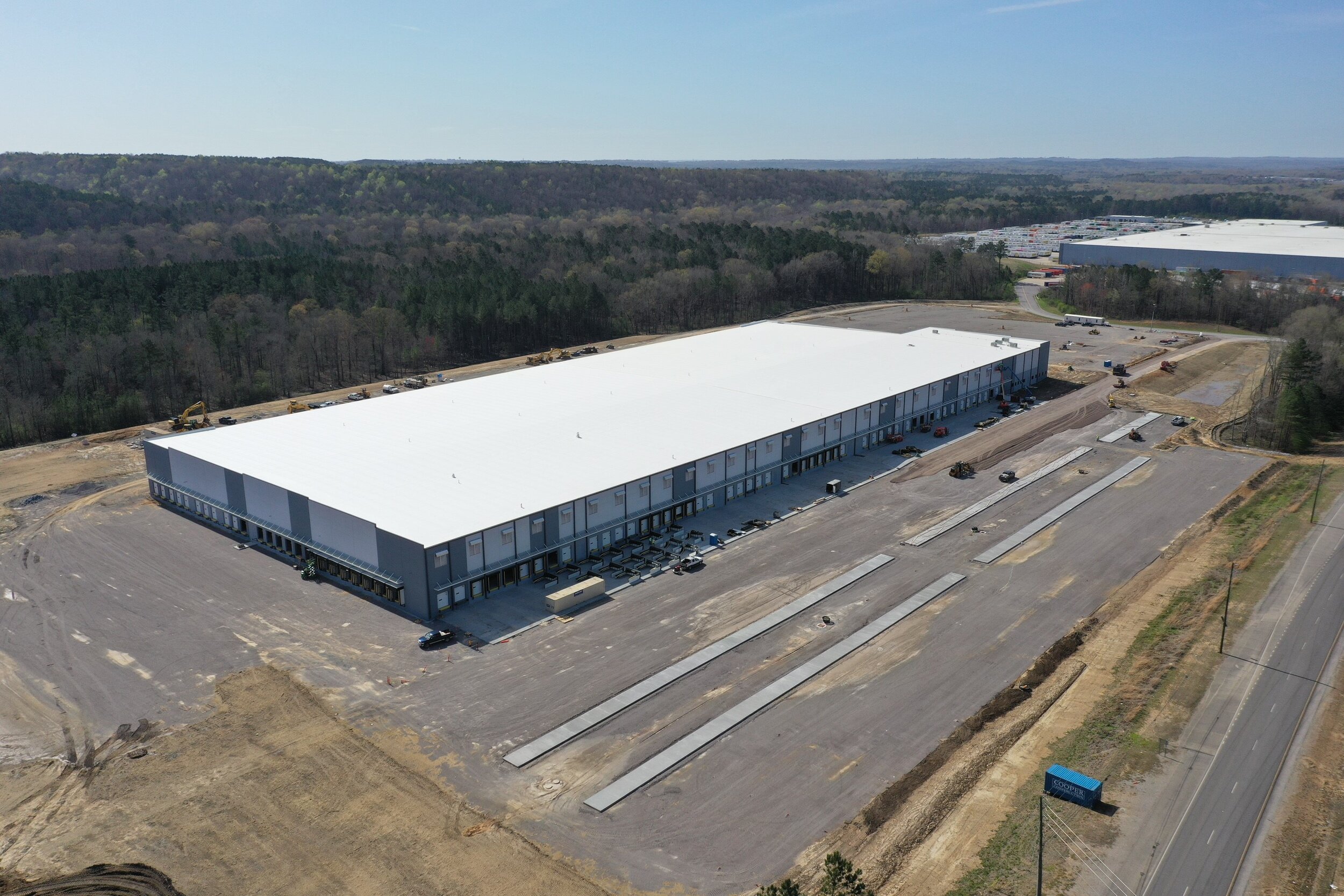Engineered Plastic Components currently has a facility in Leeds (pictured), and will soon invest $8.05 million in a second facility in Bessemer.
Engineered Plastic Components (EPC) is investing $8.05 million in a 125,000-square-foot facility in Bessemer, its second facility in the Birmingham region. The company is a provider of thermoplastics and thermoset products that serve automotive, appliances, consumer products and medical industries. Specific products include automotive instrument panels, medical products like test tube holders and more.
EPC acquired the second facility from INOAC in September 2020 and plans to add 10 injection molding machines ranging in size from 200 tons to 3,000 tons. The company will bring 75 new jobs to the Bessemer facility, many of which are skilled technical jobs like engineers and technicians.
The company’s first facility is located in Leeds, where it has serviced automotive and consumer products through injection molding and assembly since 2014 and doubled in size in 2018.
“Alabama is attractive because of the automotive OEM and other customers in the area,” said Reza Kargarzadeh, president and CEO of EPC. “We are expanding to provide the most efficient injection molding and thermoset processes to all automotive OEMs in the area.”
Founded in 1994 in Iowa, EPC has 17 locations across North America, predominantly in the Midwest and Southeast. It currently employs 100 in the Bessemer facility and plans to add 75 new jobs in the next several years.
The Birmingham Business Alliance’s Vice President of Economic Development Jeff Traywick assisted EPC in this expansion.
“The Birmingham Business Alliance and Jeff have been instrumental in providing guidance and information on programs to incentivize businesses to locate in Alabama,” Kargarzadeh said. “The Alliance’s expertise has been very valuable to EPC to initially come to Alabama and, as well, to expand to a second location.”
In its seven years in the Birmingham region, EPC has grown substantially, Traywick said.
“Since locating within our region in 2014, Engineered Plastic Components has been a key member of our business community and its growth in our area has created a large number of quality jobs,” he said. “We are excited to see the company continue that success with its second facility to be located in Bessemer.”
EPC is but one example of the growing business community in Bessemer, said Bessemer Mayor Kenneth Gulley.
“We would like to welcome Engineered Plastic Components to our growing business community here in Bessemer,” he said. “The selection of Bessemer for this newest facility is another example of the business-friendly climate we have created here in Bessemer and the success it has yielded in recruiting quality businesses and jobs to the Marvel City. We look forward to EPC’s success here in Bessemer over the coming years.”






























